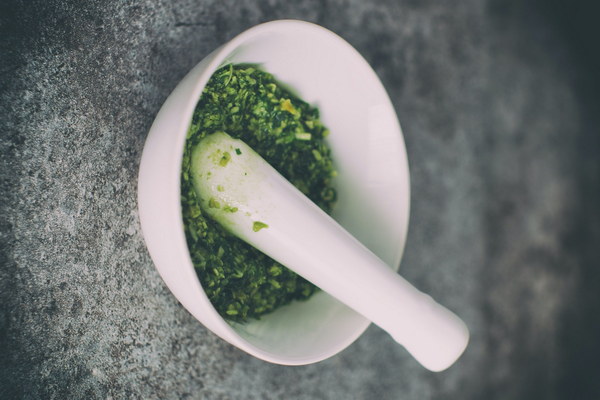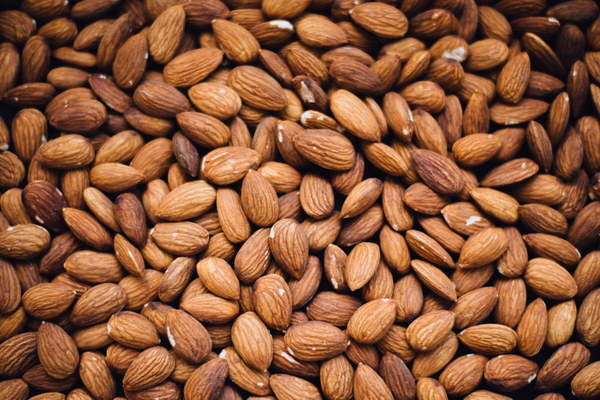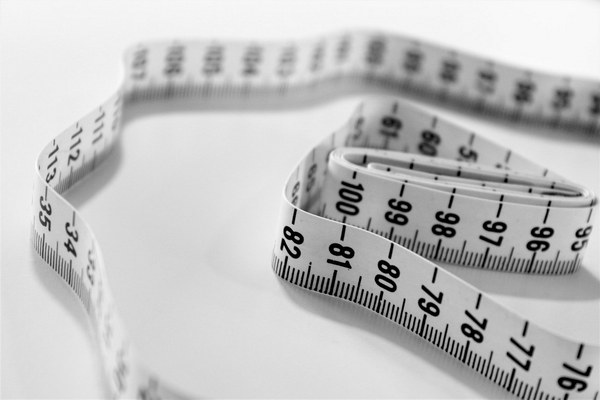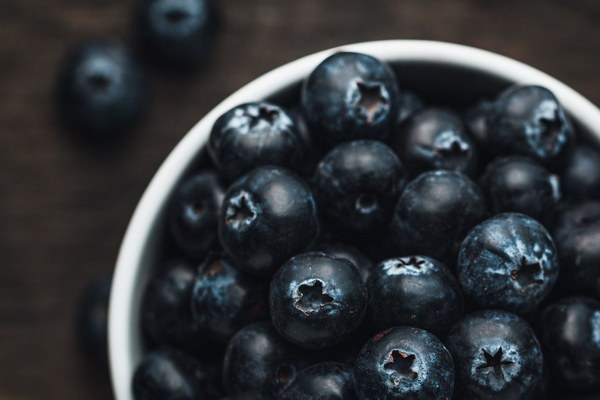Nurturing Your Wellbeing A Comprehensive Guide to Chinese Organ System Health
In the realm of traditional Chinese medicine, the concept of the five internal organs and six bowels is a cornerstone of health and wellness. These organs, including the heart, liver, spleen, lungs, and kidneys, along with the bowels, are believed to be the primary components that regulate the body's functions and maintain harmony. Here's a comprehensive guide to nurturing your organ system for optimal health.
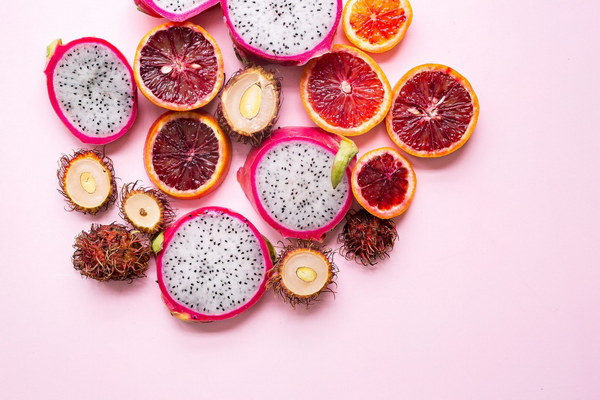
Understanding the Five Internal Organs
1. The Heart (Xin): The heart is the king of the organs and is associated with emotion and circulation. A healthy heart ensures proper blood flow, which is essential for a robust immune system. To maintain heart health, engage in regular exercise, practice stress-reduction techniques, and consume a balanced diet rich in antioxidants.
2. The Liver (Gan): The liver is responsible for detoxifying the body, storing blood, and regulating emotions. A balanced diet, adequate sleep, and managing stress can support liver function. Foods like green vegetables, nuts, and lean proteins are beneficial for liver health.
3. The Spleen (Pan): The spleen is associated with digestion, blood production, and the transportation of nutrients throughout the body. To care for the spleen, eat a diet that is easy to digest and rich in probiotics, such as yogurt and fermented foods. Avoid overeating and practice mindful eating to enhance digestion.
4. The Lungs (Fei): The lungs are responsible for respiration and are closely linked to the immune system. To strengthen the lungs, engage in deep breathing exercises, avoid smoking and air pollution, and consume foods that are high in vitamin C and beta-carotene, such as oranges, spinach, and sweet potatoes.
5. The Kidneys (Shen): The kidneys are responsible for filtering waste, producing hormones, and maintaining electrolyte balance. To support kidney health, stay hydrated, limit alcohol and caffeine consumption, and eat a diet that includes nuts, seeds, and lean proteins.
Caring for the Six Bowels
The six bowels refer to the digestive tract, which includes the stomach, small intestine, large intestine, gallbladder, urinary bladder, and the conception vessel. Here are some tips for maintaining a healthy digestive system:
1. Stomach (Wei): A healthy stomach is crucial for digestion. To care for the stomach, eat at regular intervals, chew food thoroughly, and avoid spicy, fried, and overly processed foods.
2. Small Intestine (Shao Chang): The small intestine is responsible for absorbing nutrients. To support the small intestine, consume a variety of fruits, vegetables, and whole grains, which provide a wide range of nutrients.
3. Large Intestine (Chang): The large intestine is responsible for absorbing water and electrolytes and excreting waste. To maintain large intestine health, consume plenty of fiber from fruits, vegetables, and whole grains, and stay hydrated.
4. Gallbladder (Dan): The gallbladder produces bile, which aids in the digestion and absorption of fats. To support the gallbladder, consume a balanced diet that includes healthy fats from sources like avocados, nuts, and olive oil.
5. Urinary Bladder (Pi): The urinary bladder is responsible for storing and excreting urine. To care for the urinary bladder, drink plenty of water, avoid caffeine and alcohol, and maintain a healthy weight.
6. Conception Vessel (Du Mai): The conception vessel is a channel that runs through the center of the body and is associated with the endocrine system. To support the conception vessel, practice regular exercise, maintain a healthy diet, and manage stress.
In conclusion, nurturing your organ system is essential for maintaining overall health and well-being. By understanding the functions of the five internal organs and six bowels, and implementing a holistic approach to care for these vital components, you can lead a healthier, happier life.



